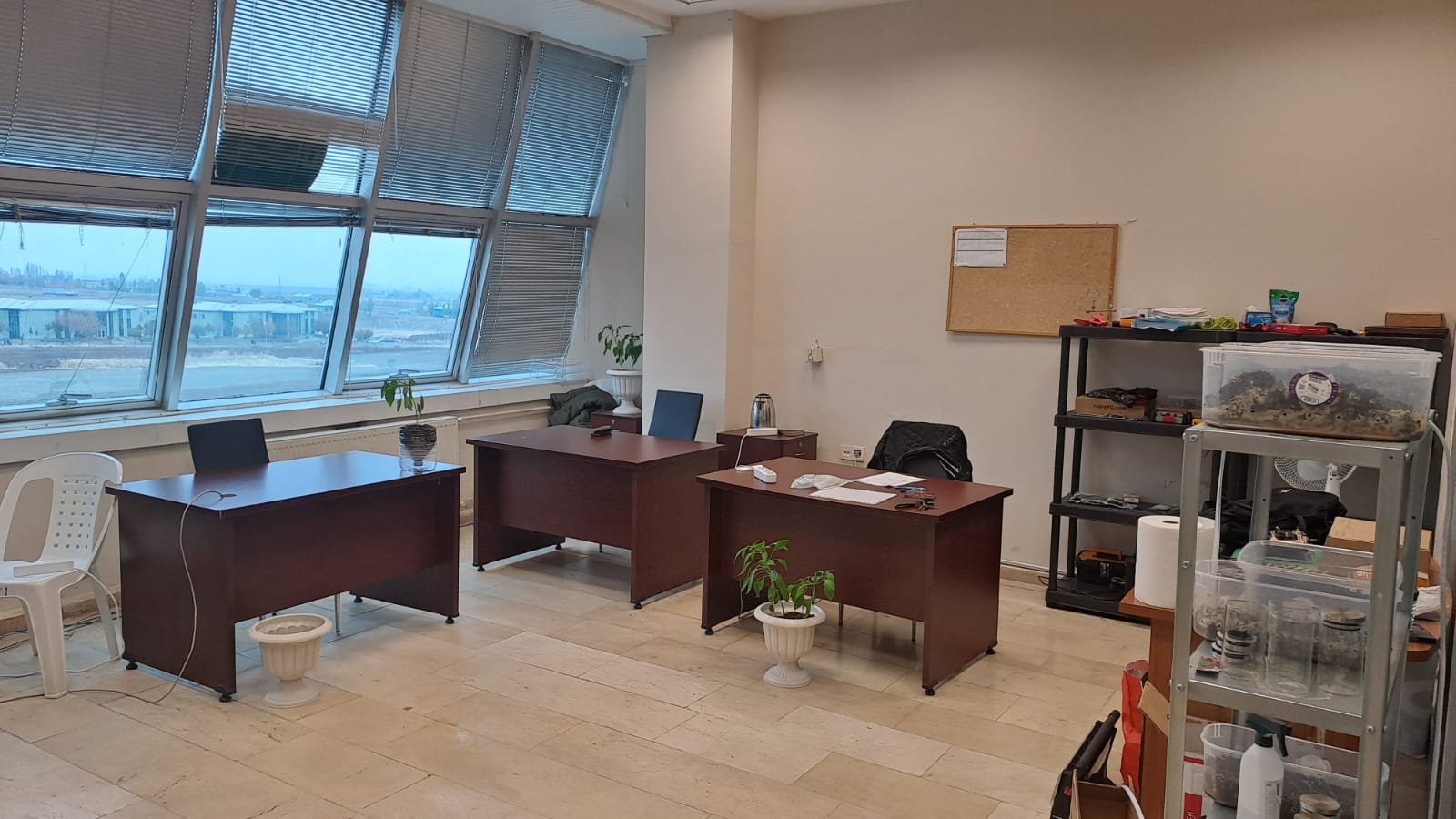
Our university stands out with the unique opportunities and practices it offers to improve the quality of education and provide our students with sectoral experience before graduation. Our department adopts an educational approach that focuses on reinforcing students' theoretical knowledge with practical experiences, thus ensuring that our students are prepared for the business world. In order to realise this approach, we provide student access to our laboratories during working hours and have a faculty member in each laboratory at all times. In this way, students have the opportunity to solve every problem they encounter instantly.
Our students have access to software and hardware equipment used in real-world projects through our laboratories, thus directly translating their theoretical knowledge into practice. The projects carried out in these laboratories not only provide our students with technical knowledge, but also allow them to develop the problem solving skills they will need in the business world. As a department, we support a wide range of projects to ensure that our students have the skills needed in the sector before they graduate.
Within the scope of the quality accreditation process, we attach great importance to the feedback of our students and stakeholders. The feedback received from stakeholder surveys and advisory board meetings held during the education and training processes is actively used in updating and developing course content. Thanks to this feedback mechanism, the sustainability and timeliness of our training programme is ensured and continuous improvements are made in line with the needs of our students.
Within the scope of social contribution activities, the students of our department participated in a training organised by AFAD (Disaster and Emergency Management Authority) in order to increase disaster and emergency awareness. This training not only provided our students with information on how to behave during and after disasters, but also improved their awareness of contribution to the society. After the training, our students carried out innovative works such as writing a raffle programme for AFAD and developing image processing projects.
We effectively use Google Classroom digital platforms to provide our students with easy access to course content and notes. In this way, students are provided with 24/7 access to information. This digital infrastructure supports the learning process by increasing the accessibility of course materials.
These applications are one of the most important features that distinguish our department from other higher education institutions. Thanks to this holistic approach that combines both theoretical and practical education, our students gain sectoral experience before graduation and graduate ready for the business world.